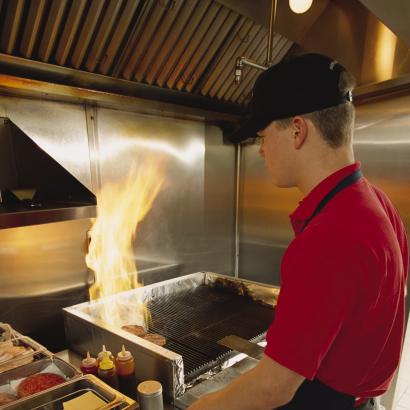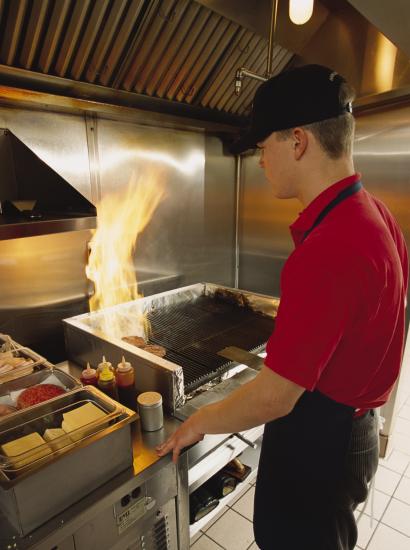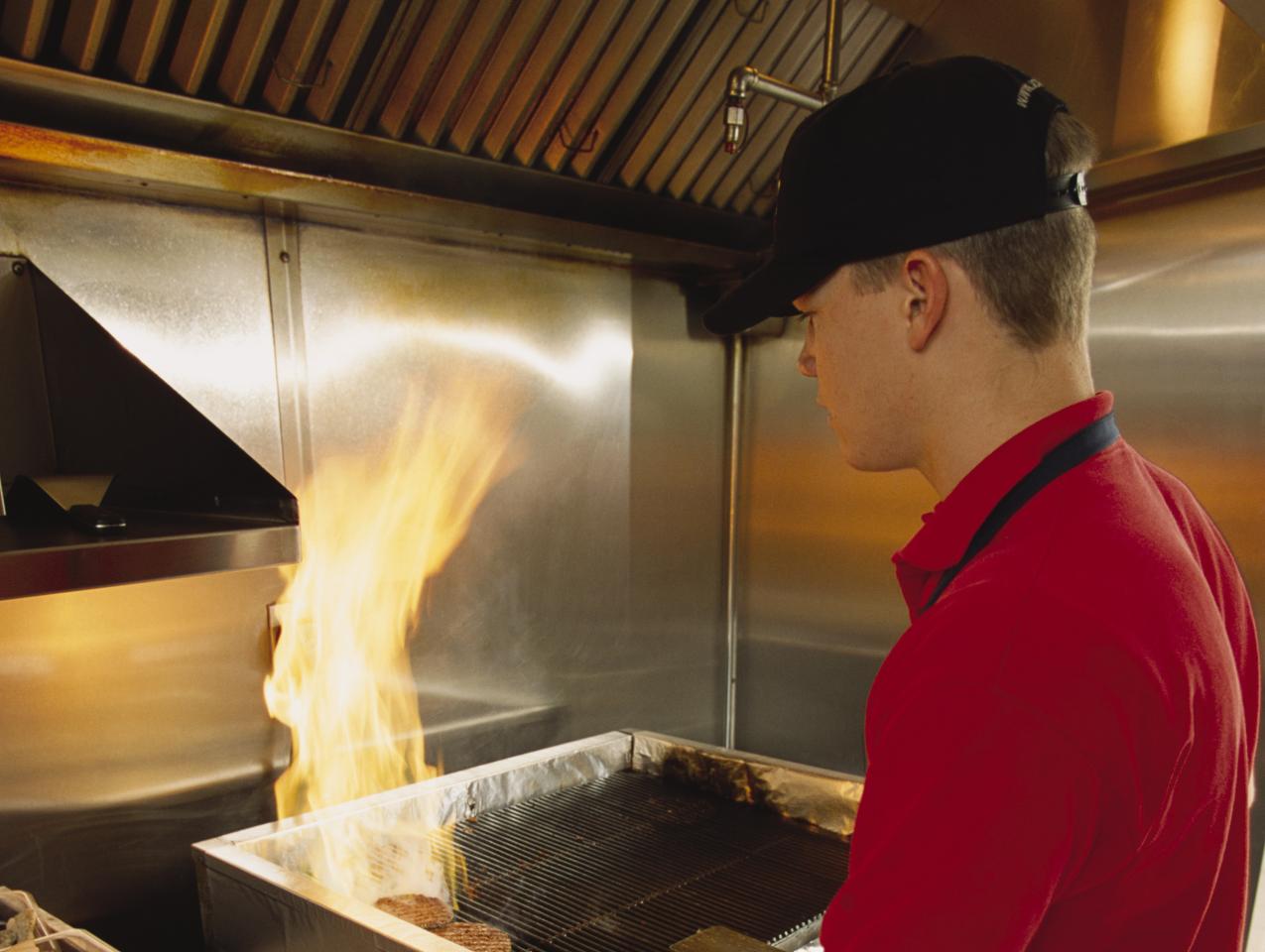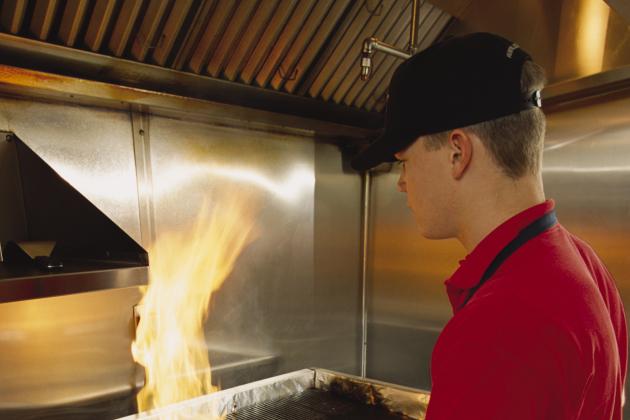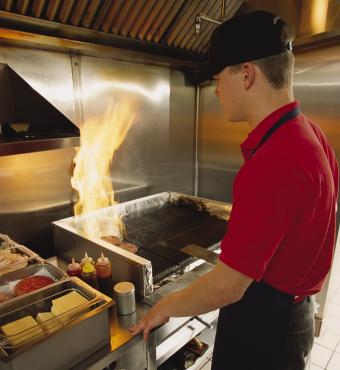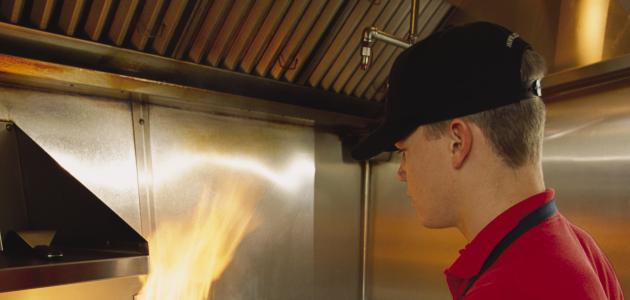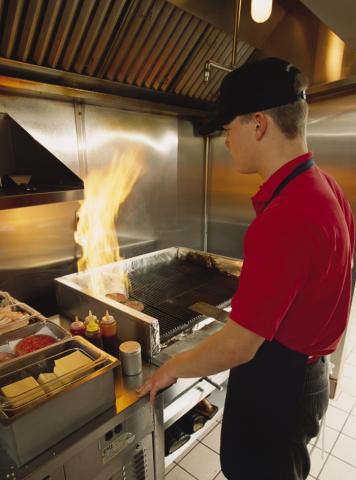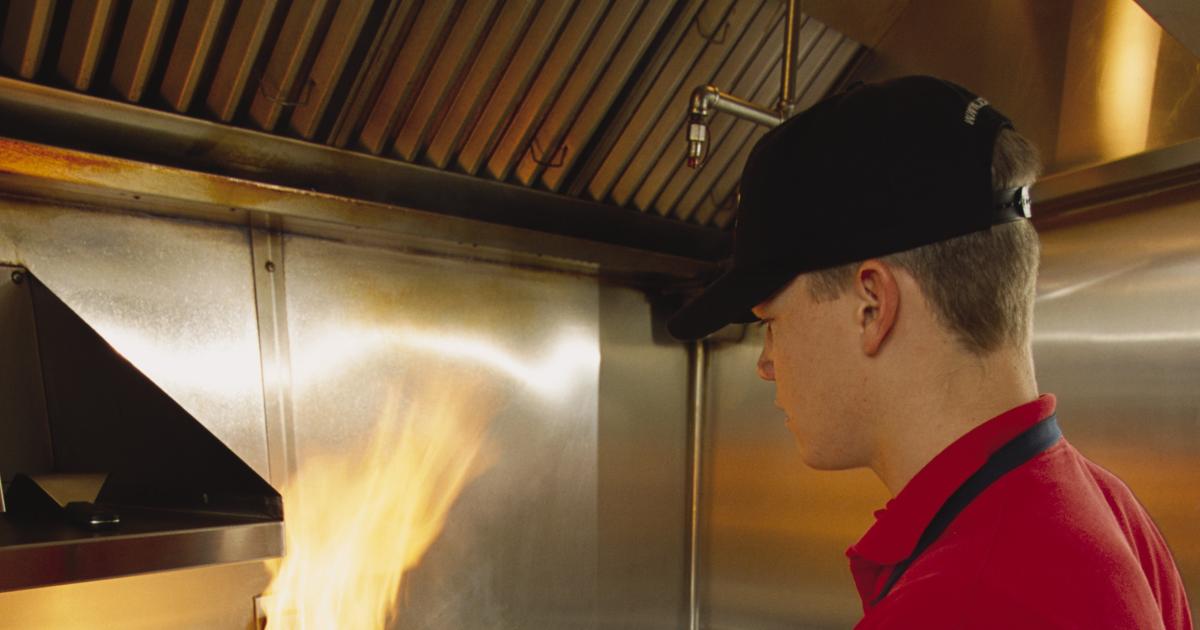- US Labor Market
In March, Arkansas governor Sarah Sanders signed a bill that relaxes regulations on child labor. According to the Washington Post, the law “eliminates requirements for the state to verify the age of children younger than sixteen before they can take a job.” Actually, according to Emma Camp, an assistant editor at Reason, the law is more specific: it eliminates “a requirement that fourteen- and fifteen-year-olds obtain a permit before getting a job.” While this might sound shocking, Sanders tweeted that with this change, Arkansas’s laws are in line with those of Arizona, Colorado, and Texas. I have not independently confirmed her claim, but it is striking that none of the tweeters who criticized her challenged that claim. Moreover, as Camp pointed out, other state governments are relaxing regulations on the number of hours teenagers are allowed to work. One of these, by the way, is New Jersey. But if the Washington Post reporter, Jacob Bogage, had mentioned New Jersey’s reform, that might have undercut the “red state bad” narrative that the Post so often wants to tell.
What are we to think of teenage labor? I think it’s on net good. The less important reason, in my view, is that it gives employers and their customers more options. With a larger pool of labor to hire from, they can expand output, and that would marginally bring down prices. But the most important benefit is that making it easier for teenagers to work gives them a chance to get into the labor market early and learn some skills. That not only gives them spending money but also puts them in a better position to take responsibility earlier in life. It can also substantially increase their lifetime income.
The Value of Being on Time
I got my first job paying hourly wages at age sixteen at a summer resort near my parents’ cottage in Canada. Although you might think that mopping floors doesn’t teach much skill—and you would be right—showing up on time was an important skill. That wasn't important for the mopping job because it began at 11 a.m., an easy target even for a late-sleeping teenager to hit. But later in the summer the chef at the resort, who saw me faithfully mopping and never slacking, hired me to work in the kitchen as the dishwasher. That job started at 8 a.m. and hitting that target was a challenge. I still remember my conversation with the chef after I had shown up at 8:15 a.m. each day for the first three days.
Chef: You need to use an alarm clock.
David: I do use an alarm clock.
Chef: What time do you set it for?
David: 7:30 a.m.
Chef: Then why don’t you make it on time?
David: When the alarm goes off, I turn it off and then go back to sleep.
Chef: That’s your mistake. You need to get up. If you aren’t on time tomorrow, don’t show up because you’re fired.
Any guesses whether I was ever late again?
We in the adult world (almost everyone reading this is an adult) often forget what it was like learning to become punctual. We tend to regard it as a minor skill, but for many teenagers, it’s huge.
Work Can Teach Virtue
When my daughter was in third grade, I decided to coach a girls’ basketball team that she was on. Even when she got to middle school and played on her school’s team, I kept coaching other girls because I enjoyed it so much. But it did have its challenges. I remember one girl in particular who didn’t pay attention during timeouts to the plays I was trying to set up. She also didn’t seem to have much skill at dealing with people. She was, in short, high maintenance.
Fast forward about four or five years. One day I was checking out at the local Safeway and I noticed the checkout girl, who looked to be about age seventeen, being very pleasant and responsive. Something about her seemed familiar. Then I realized that it was that same girl. Her attitude was almost unrecognizable. Being in a job had taught her some very important skills: good attitude to customers and overall friendliness. You could say that having a job taught her to be more virtuous.
The Anti-Teenage-Labor Side Posts a Video
An organization called More Perfect Union, which is critical of child labor, tweeted a TikTok video showing someone talking to a thirteen-year-old who worked in a Chick-fil-A. In the brief conversation, the kid told the questioner that his dad owned it. Presumably, we are supposed to think that it’s bad for a thirteen-year-old to work in a fast-food restaurant whether or not your dad owns it.
My own reaction was that I wished I could have worked in a fast-food restaurant when I was that age. We didn’t have them in my small town in Manitoba, except for a hamburger stand that was open from late April to late October. As the above-mentioned Emma Camp said, “Sure, taking drive-thru orders and slinging waffle fries at a Chick-fil-A your dad owns sounds like the definition of danger. Exactly like working in a coal mine.” She could have added that at least he wouldn’t have to work on Sunday.
Teenage Work Can Enhance Later Income
I’ve often thought that the skills I learned when working as a teenager helped me in my adult career. As noted, I learned to be punctual, but I also learned to deal with employers, even when they were occasionally unreasonable, and to interact generally with people older than me.
Sure enough, two economists who studied the issue found that indeed, work as a teenager has led to higher incomes for those teenagers later in life. In a 2016 article in the Southern Economic Journal, economists Charles L. Baum of Middle Tennessee State University and Christopher J. Ruhm of the University of Virginia examined data from the National Longitudinal Survey of Youth, which tracks youths over time into adulthood. They compared effects on later income for the 1979 and 1997 cohorts. For the 1979 cohort, they found, high school seniors who worked twenty hours per week had earnings in 1987–89 that were 17.4 percent higher than the earnings of those who didn’t work. While the pay boost for the 1997 cohort, measured in 2008–2010, was 12.1 percent, that’s nothing to sneeze at.
Of course, high school seniors are virtually all older than the youths who would be affected by the relaxed restrictions. And Baum and Ruhm noted that sophomores and juniors did not get much of a pay bump later in life from working. They pointed out, though, that one possible explanation is the kinds of restrictions at issue. They wrote, “Differences in the effects of early work experience between the senior year and the sophomore and junior years could be due to Fair Labor Standards Act restrictions on the labor supply of youths (teens under sixteen are prohibited from working in non-farm jobs more than three hours on school days and eighteen hours weekly) or to those placed on younger teens by their parents.” If that’s an important cause, then relaxing the restrictions would help younger teenagers make more money later in life.
What Are the Downsides?
Are there downsides of teenage work? I can think of two main ones. One is that the teenager is placed in a situation where the work is dangerous and he or she hasn’t been given adequate training to deal with the danger. The other is where the teenager is not truly working voluntarily.
Consider each in turn. If the work is dangerous, there could be a case for restricting the work that the teenager is allowed to do. But there could be a less-intrusive alternative: give the teenager some training so that he or she can deal with the danger. Workplaces today are not nearly as unsafe as they were decades ago. And that’s not due to the federal government’s Occupational Safety and Health Administration (OSHA). I’ve given talks in which I show a graph of the US workplace fatality rate over the past century and asked the audience to identify when OSHA began. Unless they know that piece of trivia, they don’t get it right. The fatality rate fell after OSHA began in 1970 and it was falling before. The reason workplaces have got safer is that we have gotten wealthier, and with more wealth comes more worker demand for safety. The employers respond by supplying this safety. For a succinct treatment of the issue by one of the leading economists in worker safety, see W. Kip Viscusi, “Job Safety,” in David R. Henderson, ed., The Concise Encyclopedia of Economics.
What if a teenager works not because he wants to but because his parents force him to? The problem in that case is that it’s hard to know. We can’t necessarily know by asking him because he might be afraid of punishments at home if he says he doesn’t want to. And even if he says he doesn’t want to work, does that mean he is forced to? His parents might have told him that he has to work so he won’t play video games all day. Is that kind of parental discipline one that we should use the legal system to discourage? It’s a tough problem.
The aforementioned Emma Camp said it best and so I won’t try to say it better. She wrote, “We need to stop treating teenagers as inherently fragile, or they’ll become that way. Real-world exposure to the challenge of getting paid to do things that other people value will benefit them for the rest of their lives.”








